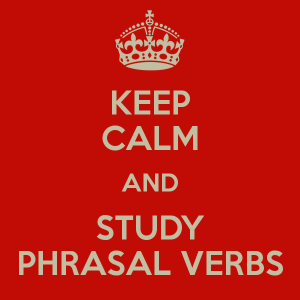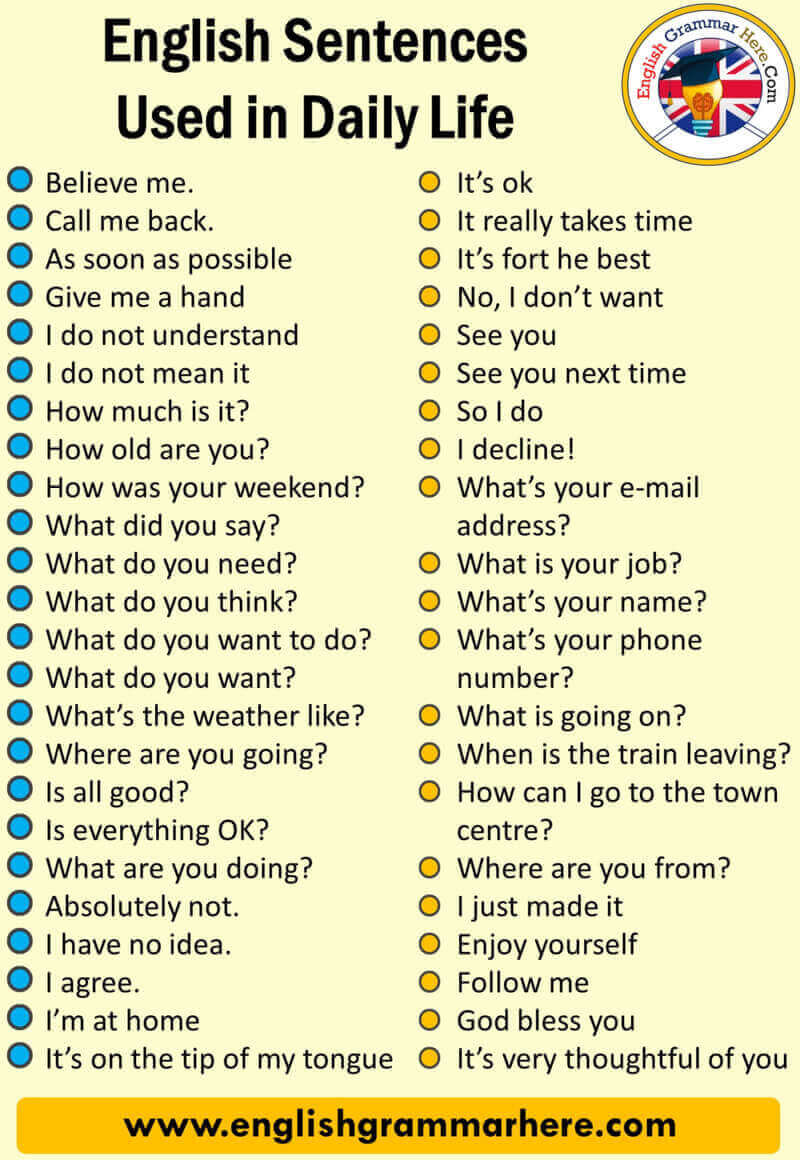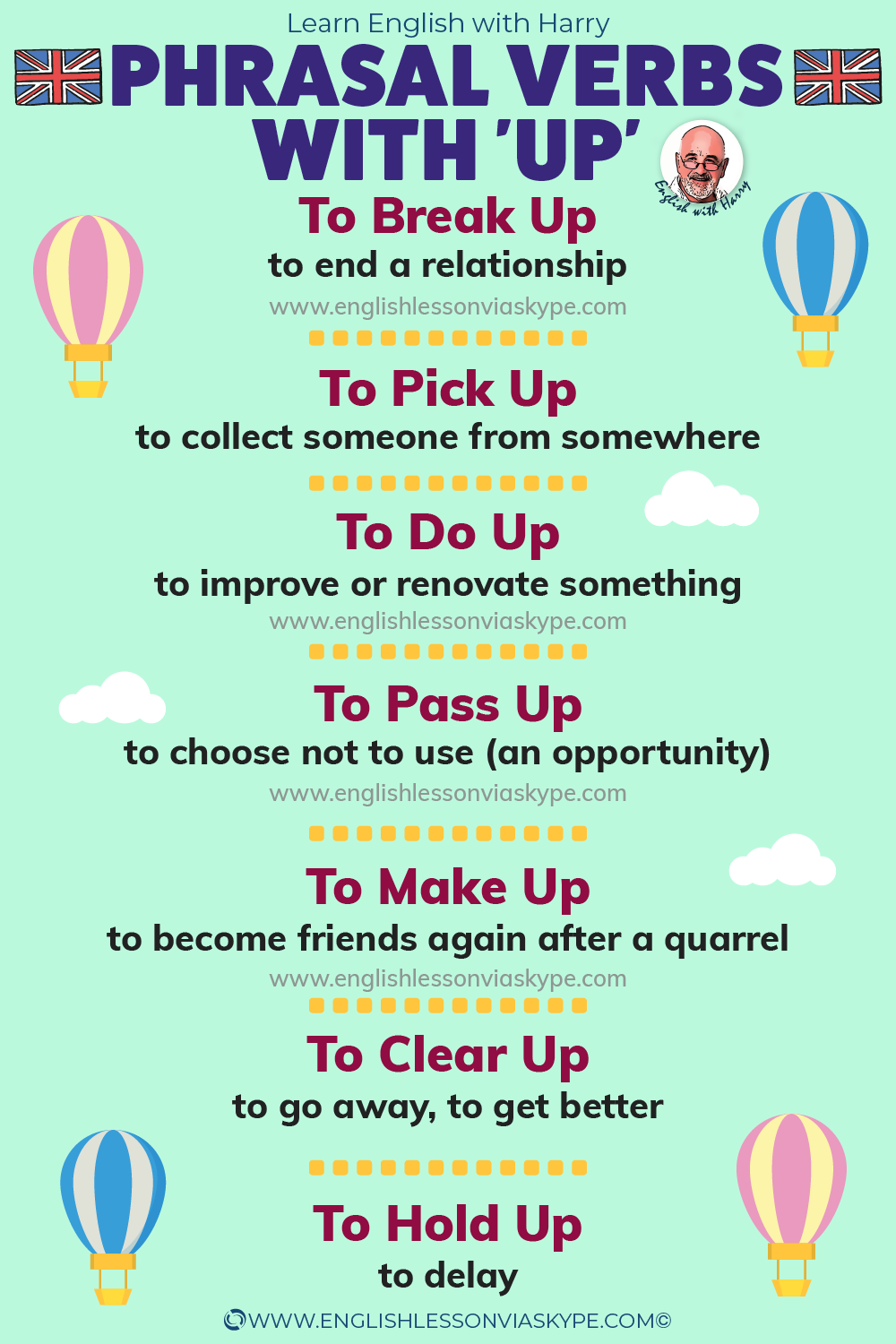

- List of phrasal verbs of keep how to#
- List of phrasal verbs of keep movie#
- List of phrasal verbs of keep driver#
This also means putting something on the floor, writing something on paper, or making a deposit. What might the police officer say? “Put that down!” If the scene from the previous film gets complicated, the suspect may try to pull out a gun. The police officer yells “Pull over!” meaning to stop the vehicle on the side of the road.ĭoes the police officer uncover what’s hidden in the vehicle? Wait for the next episode to find out.

List of phrasal verbs of keep driver#
Incidentally, the driver has no documents or has something hidden in the trunk of their car. This scene is often repeated in films: a police officer is following a suspicious vehicle that has exceeded the speed limit. I passed out leaflets with information on our course. Lisa was so tired that she got home and passed out on the sofa. It also means “to deliver” things like merchandise or products.
List of phrasal verbs of keep how to#
Losing consciousness isn’t a fun experience, but if it happens to you in an English-speaking country, at least you’ll know how to explain to the doctor what’s happened. Have you ever fainted? This can happen if you neglect your diet, exercise excessively, or even have a major scare. Keep practicing and eventually, you’ll be able to make out more vocabulary.
List of phrasal verbs of keep movie#
Have you ever watched a movie in English and couldn’t understand a single word? Well, that’s completely normal. It can also be writing a cheque or trying to understand what someone is saying. Make out isn’t just kissing your partner romantically. Let’s look up his number in the yellow pages. It’s also used to say that you’re looking for something in the dictionary or on Google, for example. You can use this to mention that something is improving. William is really looking forward t o going on holiday. If you’re overworked, you can’t wait to go to the beach or to a five-star hotel. When something excites you and you can’t find the time to do it, you use this verb. The nurse looked after the patient for months until he was better. This is often used in hospitals or nurseries. Hold on to the railing, that way you won’t fall. This verb suggests clinging to or holding something for a long time. They landed in Paris and then went on to Montpellier. This also happens when someone is telling you something and you encourage them to continue talking and say, “Go on, go on.” In this case, giving up is the best option.ĭo you remember when Celine Dion sang “My Heart Will Go On” in Titanic ? That is, my heart will continue, it won’t give up. If you’re talking about a vice, though, it’s quite the opposite. It’s not always good to surrender in life, we must continue fighting until we achieve our goals. This verb can have two interpretations: to throw in the towel or to abandon something. Have you heard? Dave has gotten over the flu. So, get over can be “to overcome a fear”, “to stop worrying about something”, or “to recover from illness”. For example, when you’re being supportive and tell a friend, “Hey, get over it. The word over suggests being above something. The little boy was carrying on, shouting and kicking all day long.

We also use it to suggest a person control their animal to stop it from attacking something.Ĭall off your dog! He’s attacking my cat.Īdding on to a verb gives you a sense of continuity or permanence in time.Ĭarry on may also suggest childish behaviour. This usually happens a lot in marriages, when one spouse makes a criticism, for example:ĭo you recall that the words ON/OFF are used for light switches? When off accompanies a verb, it will give that connotation of “reject” or “turn off” to the verb that precedes it.įor example, call off means “to stop doing” or “to stop planning” something. It’s also used when someone wants to bring up an event, memory, or comment from the past.

Their grandparents brought them up because their parents were always travelling. It implies accompaniment, care, and protection from the earliest stages of life. This means “to nurture”, “to raise”, or “to teach” a child. When I said I couldn’t go to her party, she blew up. A third meaning is “to inflate” or “to fill something with air”, like a balloon. Someone’s temper can also “explode”, meaning that they become quite angry. Each one can have different meanings and uses depending on the context.īlow up means “explode”, like a bomb, for example. Little by little, you’ll realise that phrasal verbs enrich the semantics of English exponentially.


 0 kommentar(er)
0 kommentar(er)
